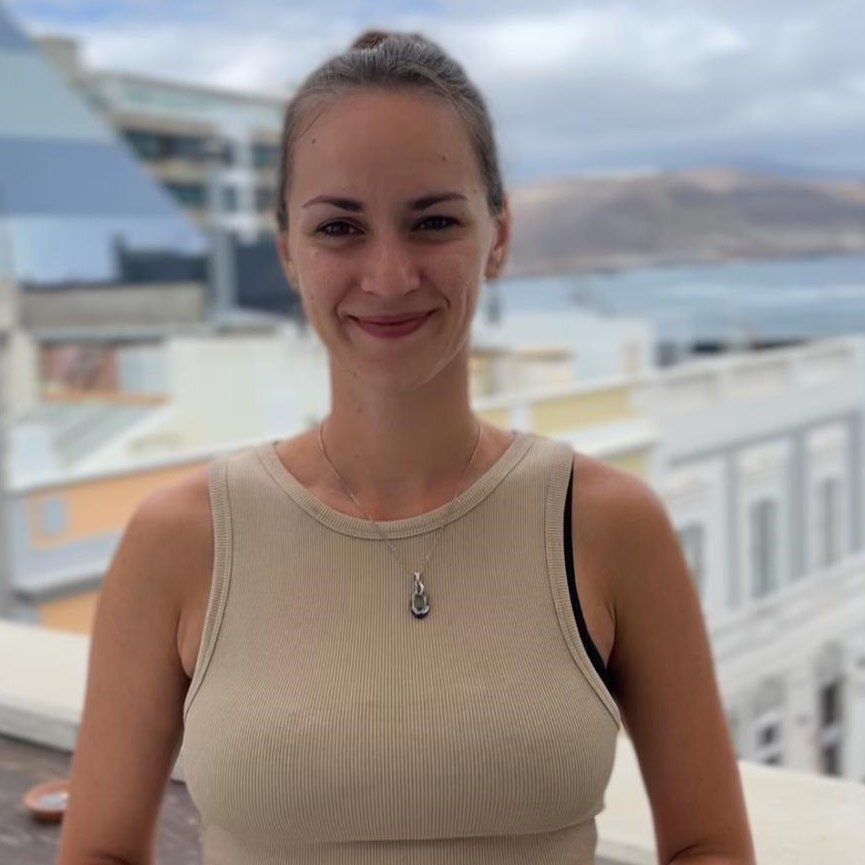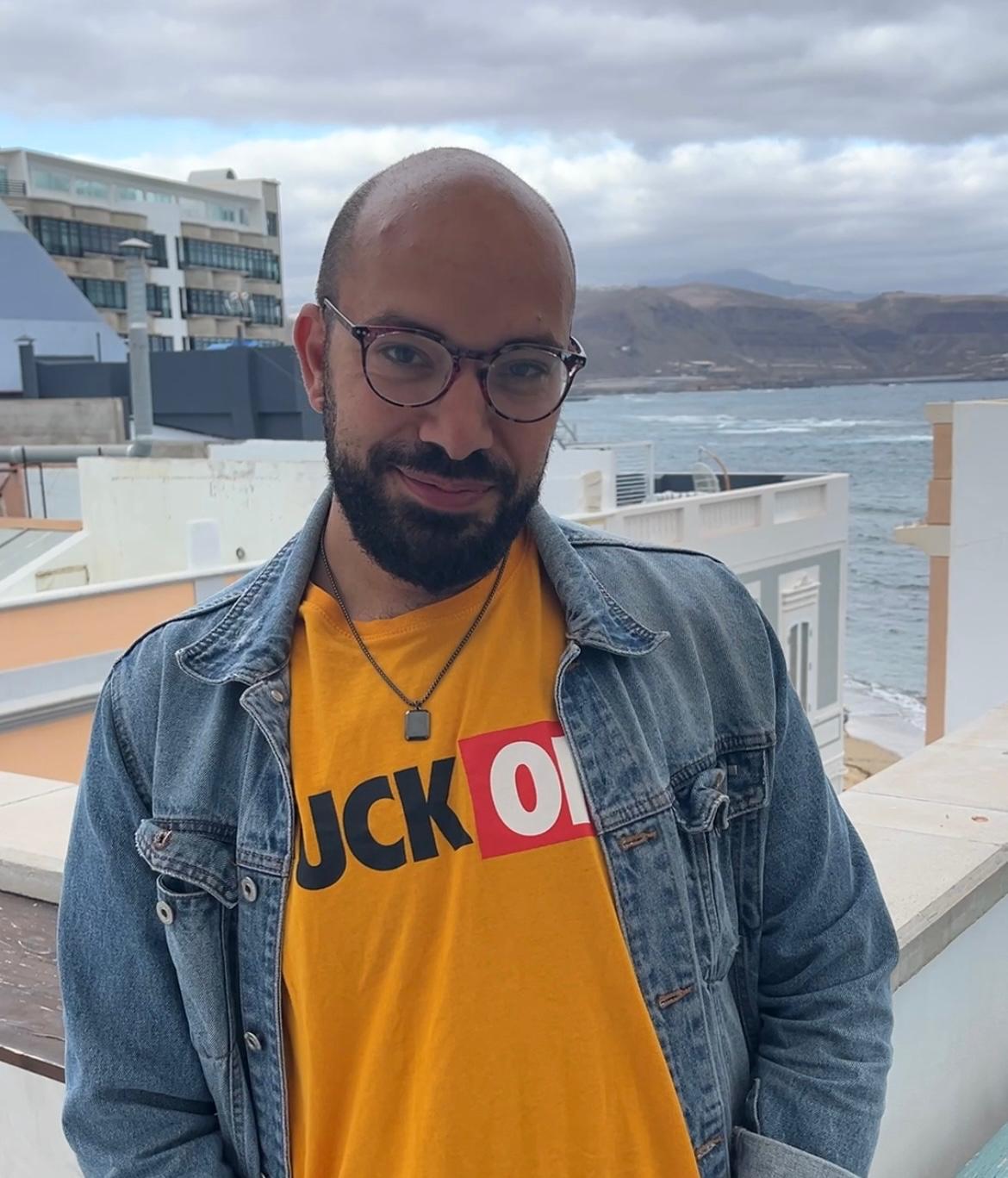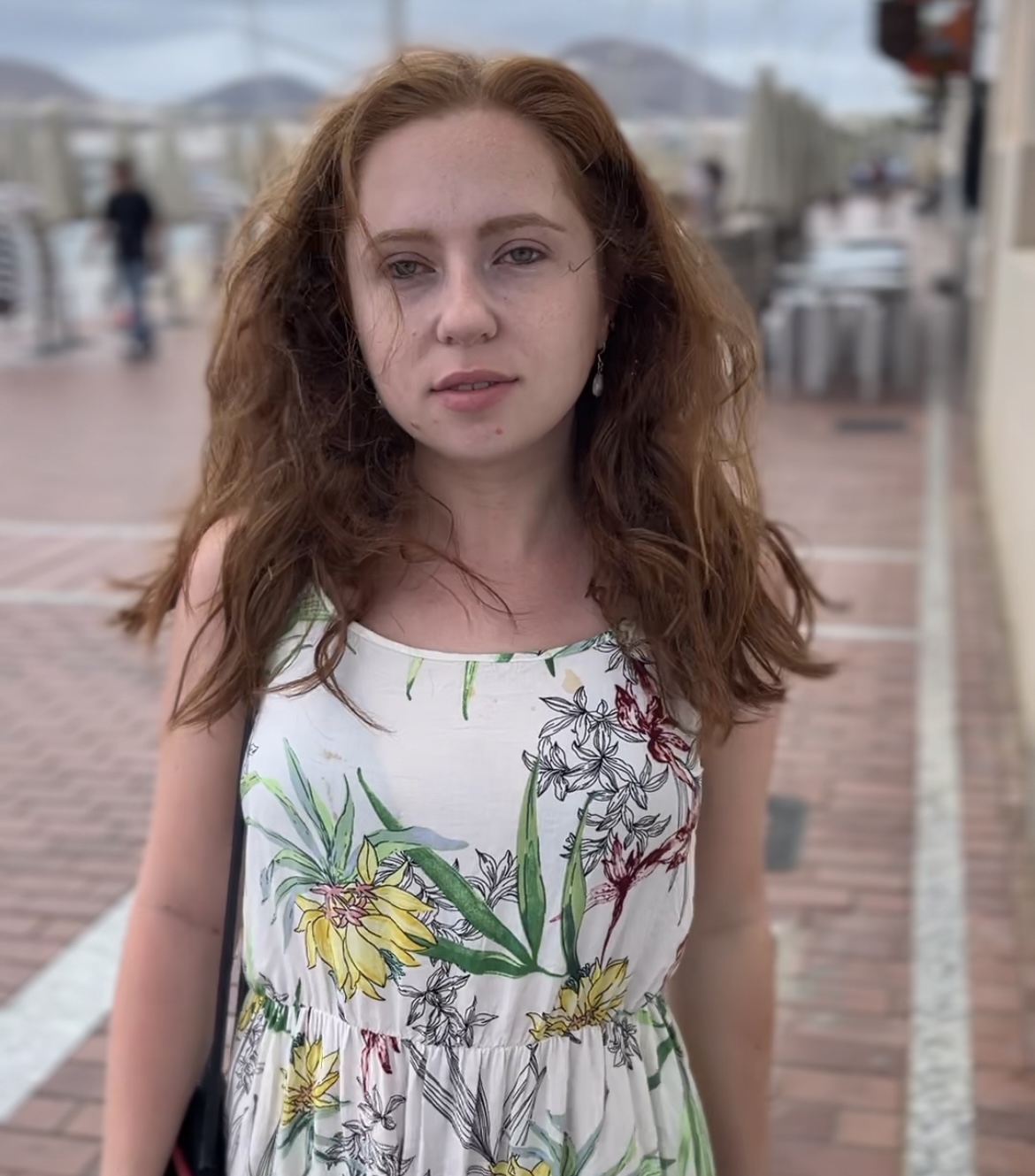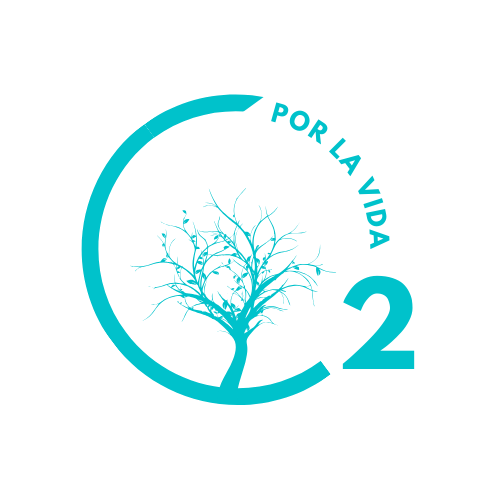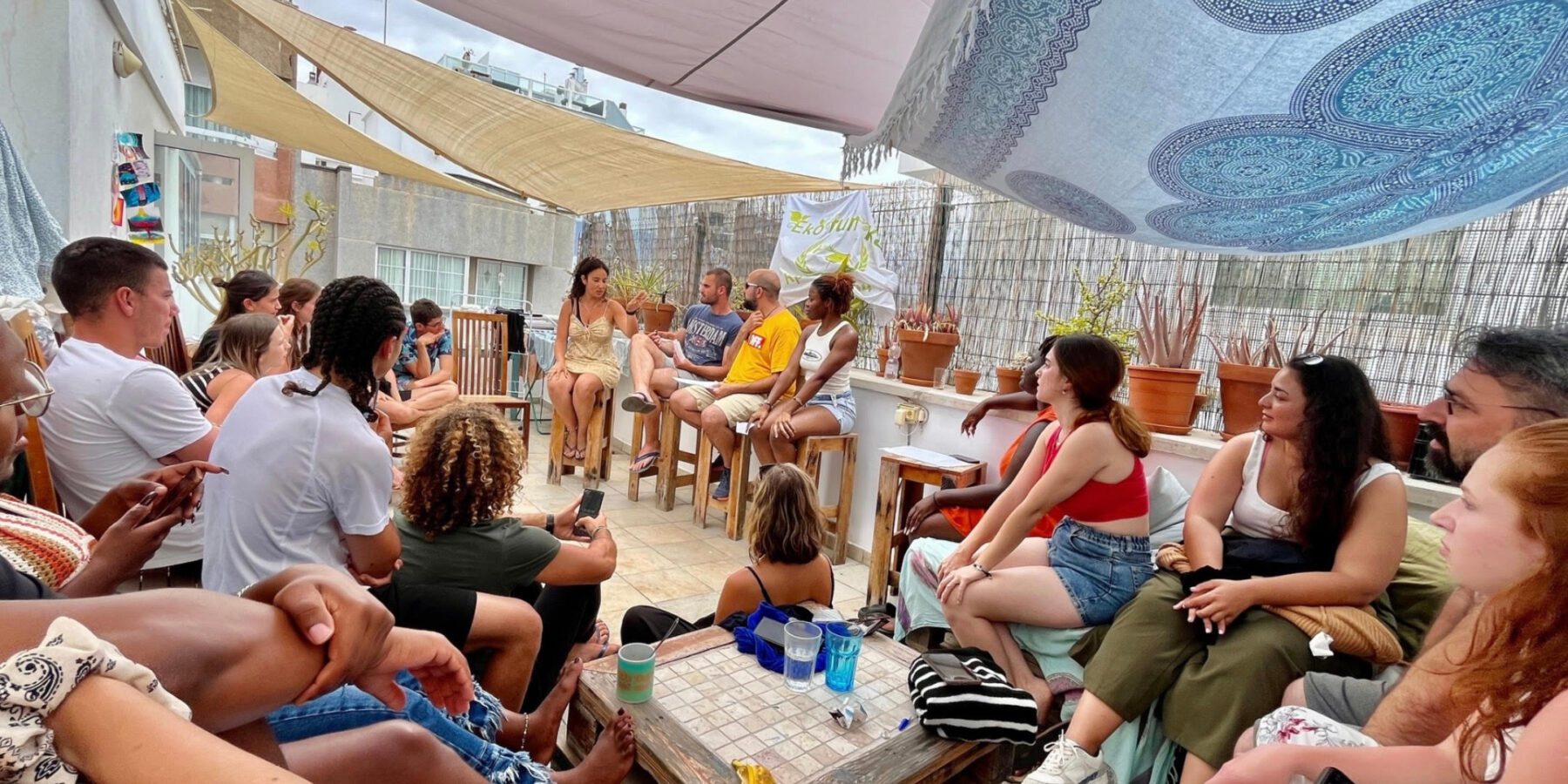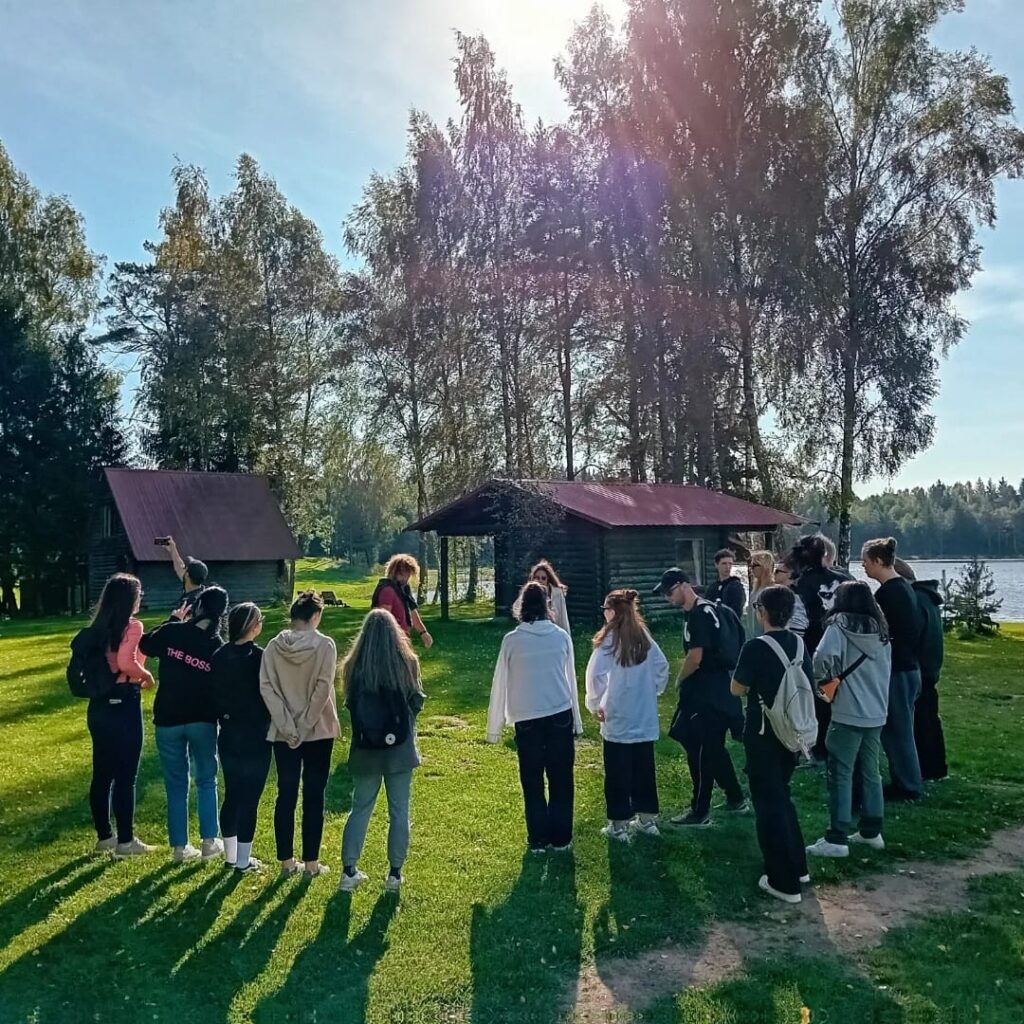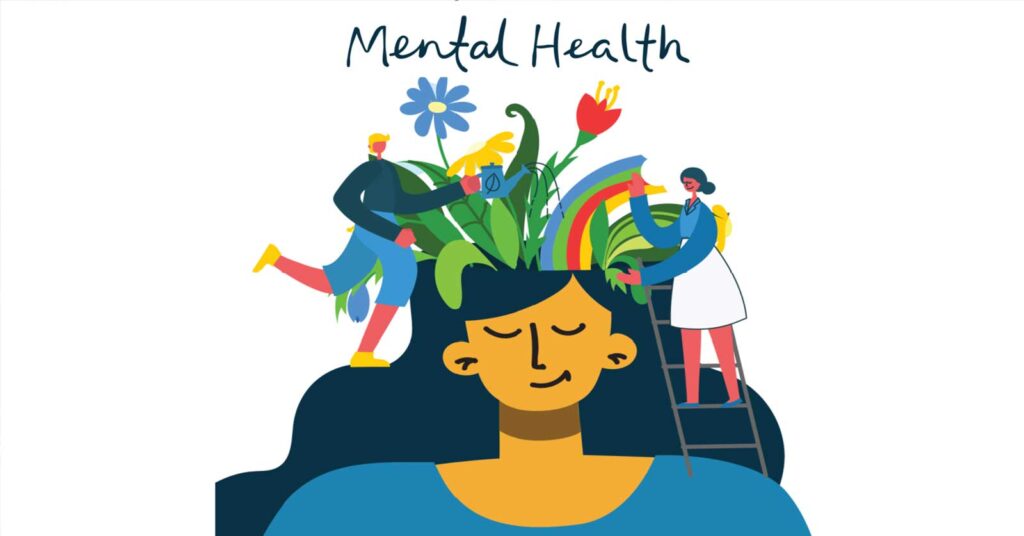Erasmus+ Project "Green Gen"
Pioneers for Sustainable and Creative Non-Formal Learning
Introduction
From June 5th to 14th, 2024, our environmental association “O2 por la vida” proudly hosted its first KA1 Youth Exchange project, “Green Gen,” in the beautiful city of Las Palmas de Gran Canaria. This initiative brought together enthusiastic participants from Spain, Belgium, Serbia, and Macedonia, united by a common goal: to explore and promote sustainable, creative, and inclusive non-formal learning experiences. Through a variety of workshops, cultural exchanges, and hands-on activities, “Green Gen” successfully fostered cooperation, creativity, and digital transformation in the realm of education.
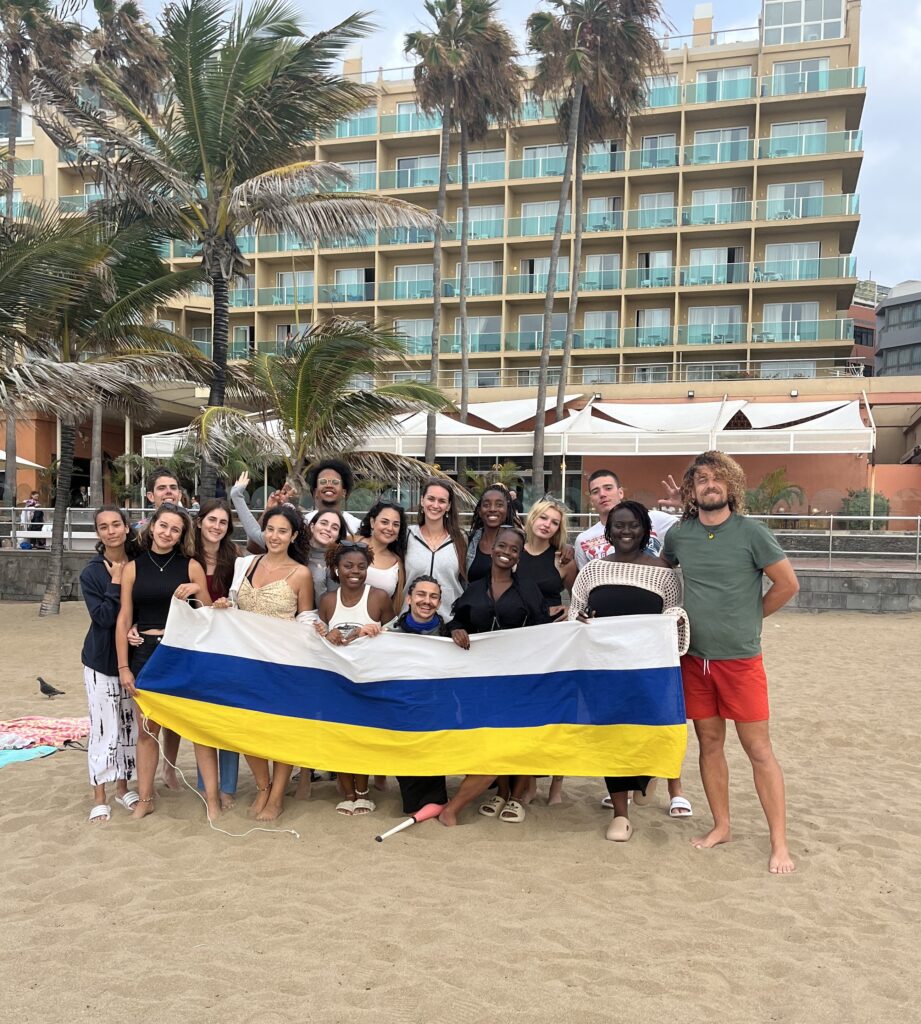
Objectives
The “Green Gen” project aimed to achieve several key objectives:
- Non-Formal and Informal Learning: Emphasizing the importance of non-formal and informal learning experiences.
- Promote Learning and Cooperation: Facilitating the mobility of groups to foster cooperation among diverse stakeholders in non-formal education.
- Enhance Quality and Inclusion: Committed to improving the quality and inclusivity of non-formal education.
- Cultivate Creativity and Innovation: Serving as a crucible for creativity and innovation in education.
- Digital Transformation and Skills Development: Supporting the digital transformation of education by equipping students and educators with essential digital skills.
- Inclusive Education for Diverse Learners: Focusing on inclusive education and training systems.
- Vocational Education and Work-Based Learning: Promoting work-based learning opportunities to enhance vocational education.
- Youth Active Participation and Engagement: Encouraging active participation among young people.
The Experience
1. Workshops and Activities
Non-Formal Education
Participants from each country shared insights into the formal and non-formal education systems in their homelands. This exchange included discussions on their characteristics, pros and cons, and was followed by a lively debate. This session provided valuable perspectives and highlighted the benefits of non-formal learning.
Climate Change
A professional in the field led an engaging workshop on climate change, highlighting its impact and exploring solutions through interactive games and activities. This hands-on approach helped participants grasp the urgency of environmental issues while fostering collaborative problem-solving skills.
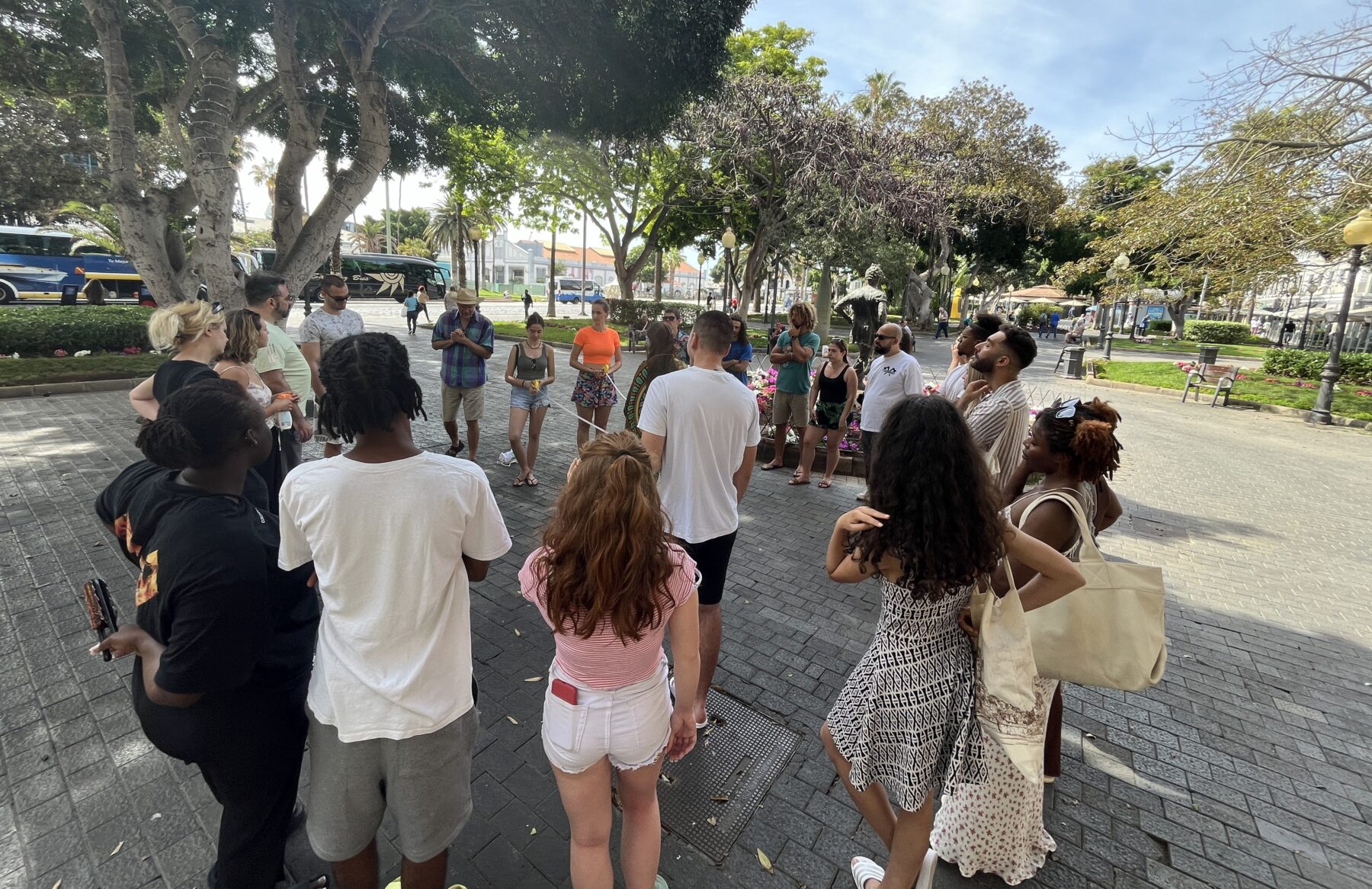
Leadership and Team Building
Through a series of interactive games, participants developed essential leadership and team-building skills. These activities emphasized the importance of cooperation, effective communication, and collective problem-solving.
Sensory Nature Activities
Participants engaged in activities that involved seeing, hearing, and touching nature. These exercises not only enhanced their sensory awareness but also deepened their connection to the natural environment. In addition learning outdoors not only improves information retention, but also stimulates creativity and strengthens emotional well-being.
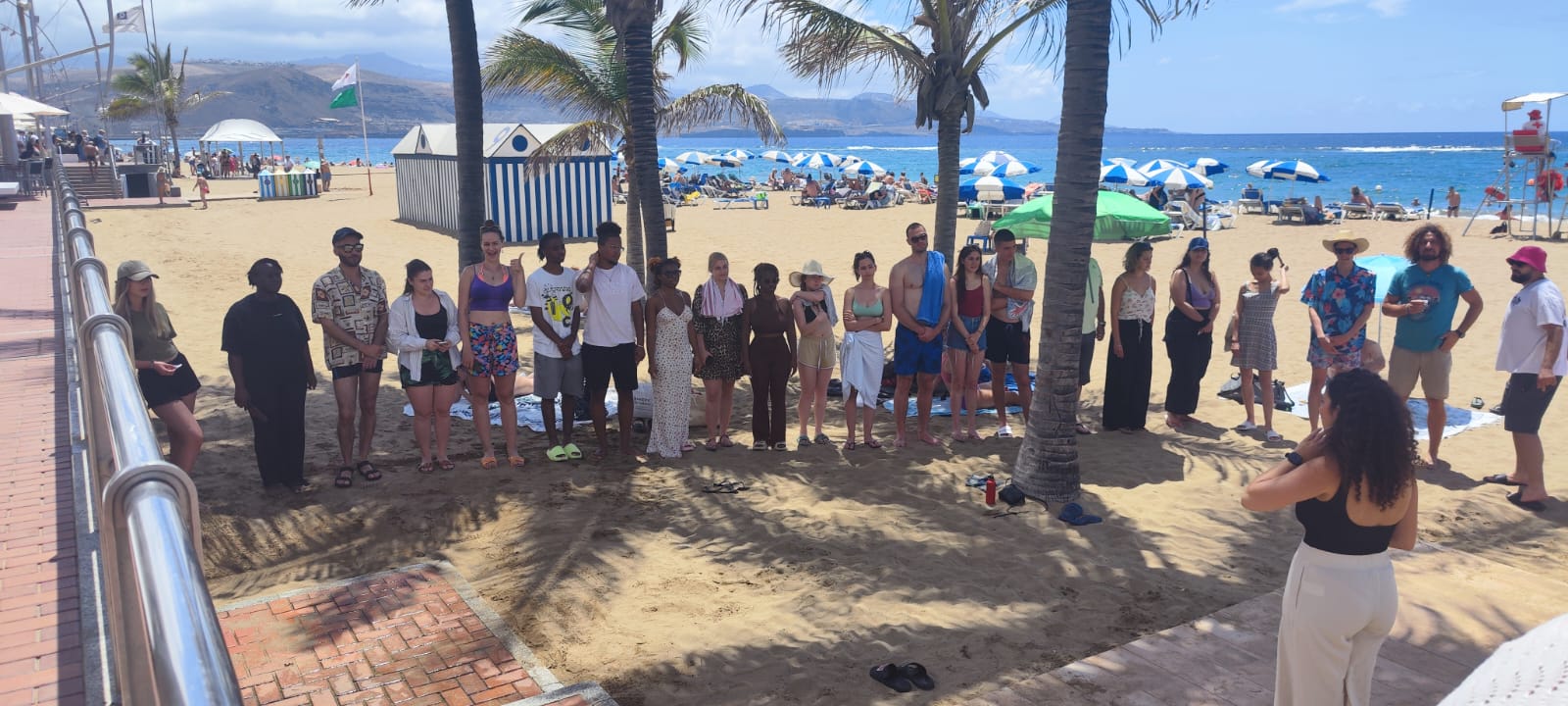
EU Funding and Youthpass
An informative session on EU funding for young citizens covered the basics of starting and writing an Erasmus project, as well as the benefits of Youthpass. This session empowered participants with the knowledge and tools needed to pursue their own projects in the future.
2. Cultural Evenings
Despite the initial stress of preparation, the cultural evenings turned out to be a highlight of the project. Participants had the chance to learn about the history, traditions, and cultures of Spain, Belgium, Serbia, and Macedonia. These evenings were filled with music, dance, food, and laughter, creating lasting memories and friendships.
3. Free Time and Exploration
Participants had ample free time to explore the vibrant city of Las Palmas de Gran Canaria and relax on its beautiful beaches. One entire day was dedicated to exploring the island, allowing participants to visit tourist attractions and experience the local culture.
4. Canarian Culture and Environmental Awareness
Thanks to the local members of our organizing team, participants gained a deep understanding of Canarian culture and the environmental challenges faced by the islanders. Topics such as tourist overcrowding, protection of natural areas, and sustainable tourism were discussed, fostering a greater appreciation for the importance of environmental stewardship.
Conclusion
The “Green Gen” project was a resounding success, achieving its goals of promoting non-formal education, fostering international cooperation, and encouraging sustainable practices. Participants left with new skills, knowledge, and friendships, and a profound respect for the Canary Islands.
We are deeply grateful to everyone who made this project possible and look forward to future initiatives that continue to inspire and empower young people. ❤
Testimonials
